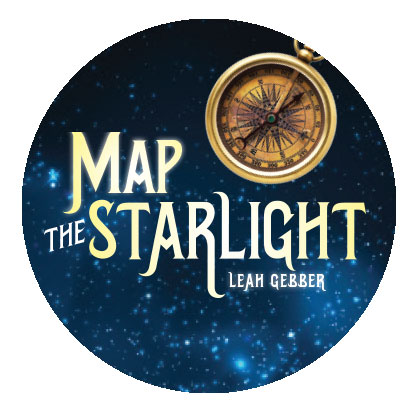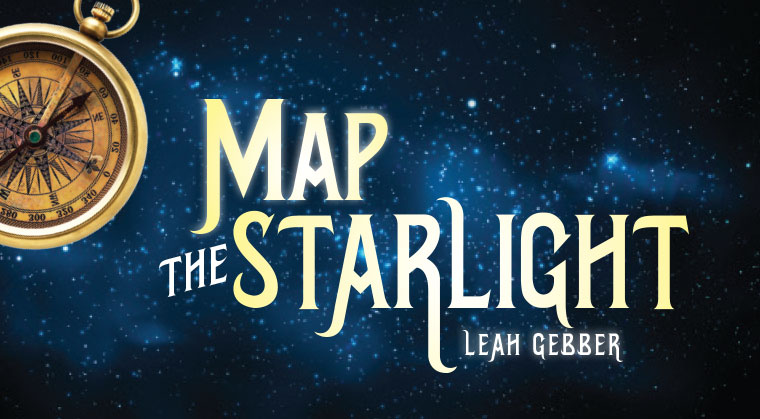Map the Starlight: Chapter 58


When the thickness of night has come to rest on the priory, Friar Pere lights a candle, dips a pen into ink, and begins to write.
My dear Ramon,
Perhaps the time has come for me to tell you something of your origins.
You know, of course, that you were given to the monastery as a young infant, with not much more than a blanket and a letter from your mother.
I never gave you that letter. I regret this now. It was selfish, wrong. But take a moment to understand the foolishness of an old man. When you opened your eyes the first time and stared at me, I wanted all that fierce intelligence trained onto the world, onto the pursuit of scholarship and goodness. Even then, I knew too many people who were wounded by the ghosts of the past. I did not want you to fall prey to this.
I was wrong.
Certainly, Brother Francis thinks that I was wrong. He has said so for years, but long have I been in the habit of dismissing his words. Now, you and I have been separated by time and circumstance, and I do not want your history to be obscured from you forever. And so, I will write as if it is just another long summer evening at the priory. We are sitting together, perhaps by the apple orchard, perhaps in the cool of my study. We have eaten our fill and Bernat is snoring contentedly. And I am spinning a story. Only, this is not a tale of the saints or scriptures. It is the story of your family.
Picture him now, Ramon, a man of about your height: slightly taller, though he walked with a slight stoop, as if the world weighed too heavily on his shoulders. The same dark eyes, the complexion pockmarked, result of a skin disease when he was a child. The same square chin.
He laughs, well, that is how he appears to me, though I never saw him of course, for he is a hundred years older than me — or you. But that is how I see him in my mind.
There is another difference of course. The square chin is obscured by a beard, silvering at the edges, but still full. He wears the yellow badge that marks him as a Jew. He will be called a donkey and a fool, though his eyes display obvious intelligence. But that is still the future.
But we are in the future already, you argue.
Ah, so let me introduce you, Ramon.
We shall take off the beard and the badge. Dress him in the black cassock of the clergy. Although the pope has offered him a hat sewn with threads of finest gold, he has refused the offer. His head is bare. His chin is bare. A large wooden cross sits upon his chest. Over the years, his face has lost its comfortable roundness and his cheekbones jut out, so his face has a sculpted look. His eyes have grown bigger, and more… is it angry? Or are they merely more inscrutable?
Allow me to introduce you, Ramon, to your great-grandfather. There are different ways to introduce him to you:
A Jew or a Christian.
A neophyte or an apostate.
An enemy to his people or a man beloved of the L-rd.
Either way, the man was a legend.
(Excerpted from Family First, Issue 600)
Oops! We could not locate your form.


